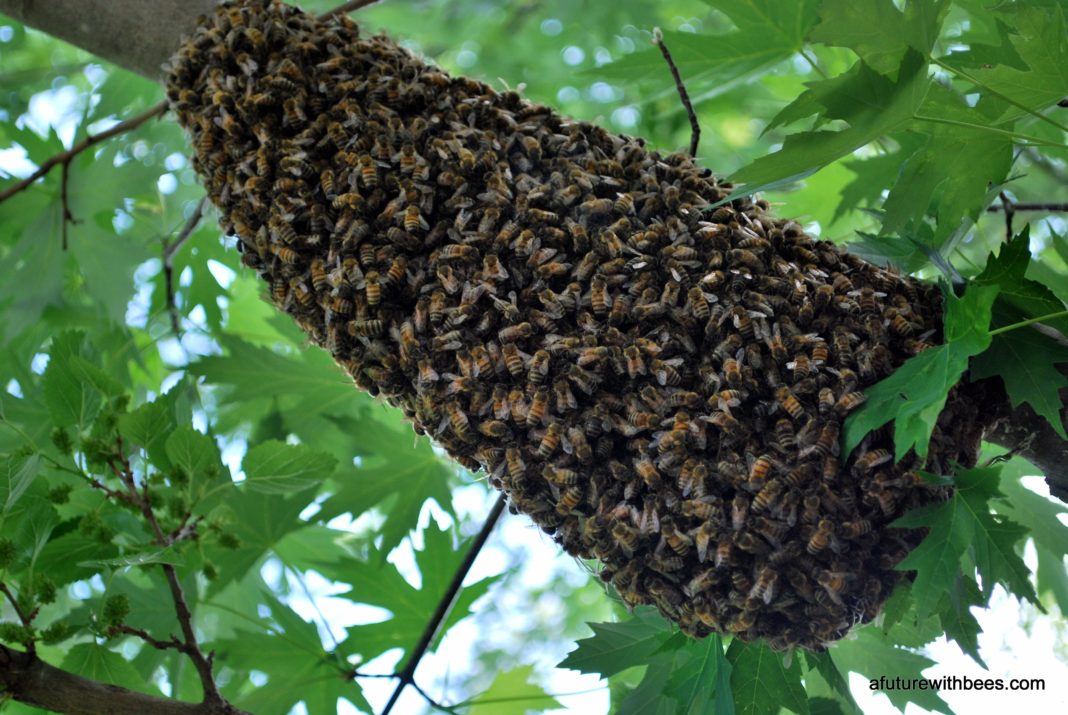Uganda will join the rest of the world tomorrow to celebrate for the first time the World Bee Day as designated by the United Nations (UN) last year.
As the world marks the first ever bee celebration, scientists are concerned that the bees and other pollinators, such as butterflies, bats and hummingbirds, are increasingly under threat from human activities.
The pollinators are so important that they allow many plants, including many food crops, to reproduce. Not only do pollinators contribute directly to food security, but they are key to conserving biodiversity – a cornerstone of the Sustainable Development Goals, the UN says.
They also serve as sentinels for emergent environmental risks, signaling the health of local ecosystems.
Invasive insects, pesticides, land-use change and monocropping practices may reduce available nutrients and pose threats to bee colonies.
To raise awareness of the importance of pollinators, the threats they face and their contribution to sustainable development, the UN designated May 20 as World Bee Day.
“World Bee Day presents an opportunity to recognise the role of beekeeping, bees and other pollinators increasing food security, improving nutrition and fighting hunger as well as in providing key ecosystem services for agriculture,” says the director of the UN Food and Agriculture Organisation, Jose Graziano Silva.
Why this date?
May 20, coincides with the birthday of Anton Janša, who in the 18th century pioneered modern beekeeping techniques in his native Slovenia and praised the bees for their ability to work so hard, while needing so little attention.
Janša came from a family of beekeepers in Slovenia, where beekeeping is an important agricultural activity with a long-standing tradition.
According to the UN, observing World Bee Day each year will draw attention to the essential role bees and other pollinators play in keeping people and the planet healthy. It provides an opportunity for governments, organizations, civil society and concerned citizens everywhere to promote actions that will protect and enhance pollinators and their habitats, improve their abundance and diversity, and support the sustainable development of beekeeping.
The proposal set forth by the Republic of Slovenia, with the support of Apimondia, the International Federation of Beekeepers’ Associations and FAO, to celebrate World Bee Day on May 20 each year met with approval by the United Nations General Assembly in 2017.
World Bee Day intends to shine a light on the habitat of pollinators to improve the conditions for their survival so that bees and other pollinators may thrive.
Timeline
20 May 1734 – Breznica, Slovenia Birth of Anton Janša, who came from a long line of beekeepers, became a pioneer of modern apiculture. Bees were a frequent topic of conversation with neighbouring farmers, who would gather at the village and discuss farming and bee-keeping practices.
1766 – Anton enrolled in the first bee-keeping school in Europe.
1769 – Janša worked fulltime as a beekeeper.
1771 – Published the book Discussion on Bee-keeping in German.
1773 – Death of Jansa by typhus
2016 – At the FAO Regional Conference for Europe, the Republic of Slovenia proposed World Bee Day to be celebrated on 20 May each year, with the support of Apimondia, the International Federation of Beekeepers’ Association.
2017 – Proposal for World Bee Day was submitted for consideration at the 40th Session of FAO Conference
2017 – UN General Assembly unanimously proclaimed 20 May as World Bee Day
20 May 2018 – First Observance of World Bee Day







